What is Cellular Concrete? Where to Use, & Important Advantages
What is Cellular Concrete? Where to Use, Price +6 Important Advantages
Cellular concrete is a type of lightweight concrete, as its production results in a porous and aerated concrete block, due to the large number of voids it presents. In this way, cellular concrete is a great material option to be used in civil construction like Blue World City, as it is lighter than a solid concrete block.
Want to know more about it? So pay attention to the next topics and find out what cellular concrete is, where to use it, its price, as well as its main advantages and disadvantages. Check out!
What is Cellular Concrete?
Cellular concrete, widely used in https://www.skymarketing.com.pk/tab-city/ is a type of lightweight concrete, as its production results in a porous and aerated concrete block, due to a large number of voids it presents. It is lighter than a solid concrete block.
The small air chambers inside the cellular concrete that allow its structure to become porous result from the injection of foam or blowing agent into the concrete. This injection is able to form air bubbles in the material, which makes the manufacturing process more precise. Therefore, the main contribution of cellular concrete to concrete technology comes from this precision and the ability to control the final density of the material with regular pores.
What Mass to Use to Lay the Cellular Concrete Block?
There are specific mortars on the market that are used for laying cellular concrete blocks. However, be aware if the product meets the specifications of the Pakistani Technical Standard –13281:2005 – Industrialized Mortar for Wall Laying and Wall and Ceiling Coating.
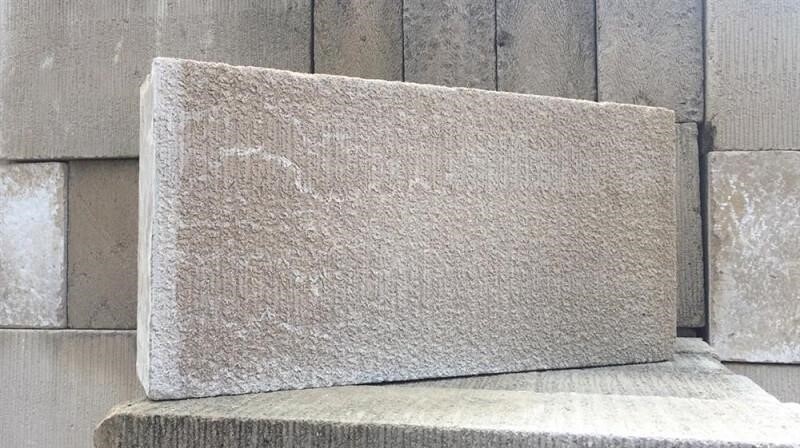
- Cellular concrete brick is a type of concrete that is part of the so-called lightweight concretes
What is Autoclaved Cellular Concrete Block?
According to ABNT NBR 13438:2013 (Autoclaved Cellular Concrete Blocks – Test Methods), it can be said that it is a lightweight concrete obtained through an industrial process that involves mixing limestone materials (cement, lime, or both), silica-rich materials, and fine granules.
From products that form gases, water, and additives, the cellular concrete is expanded and, when necessary, subjected to pressure and temperature through saturated steam. Finally, it is possible to obtain the autoclaved cellular concrete block with aerated and uniformly distributed cells.
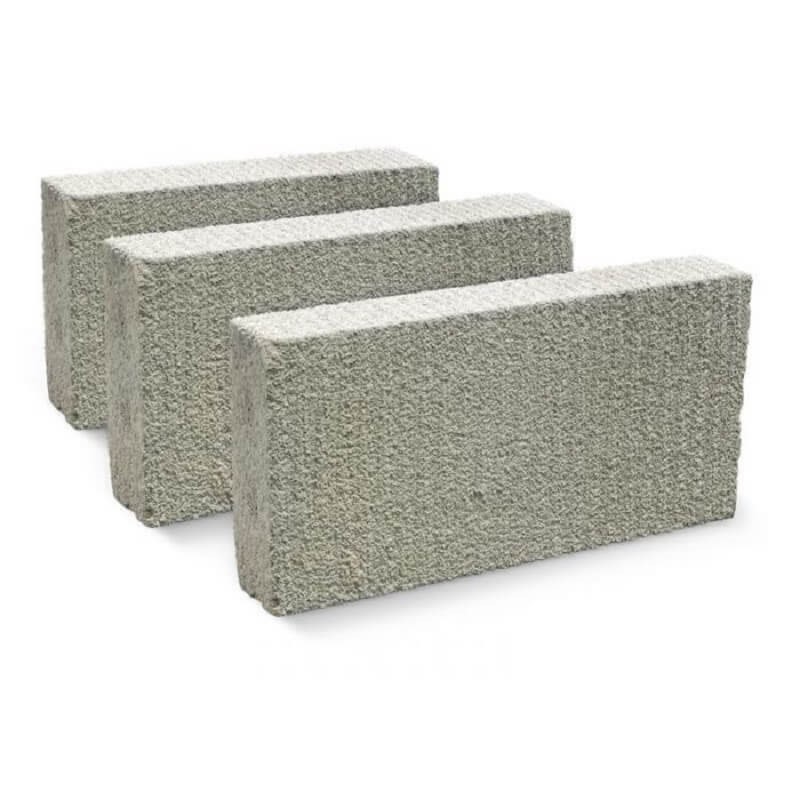
- Autoclaved cellular concrete block
What is the Price of Cellular Concrete?
According to research carried out in the market, the price of a cellular concrete block unit can vary from PKR 7.70/unit to PKR 7.45/unit. Thus, if the construction requires around 1,000 cellular concrete blocks, the price to be invested reaches around PKR 7,450.00.
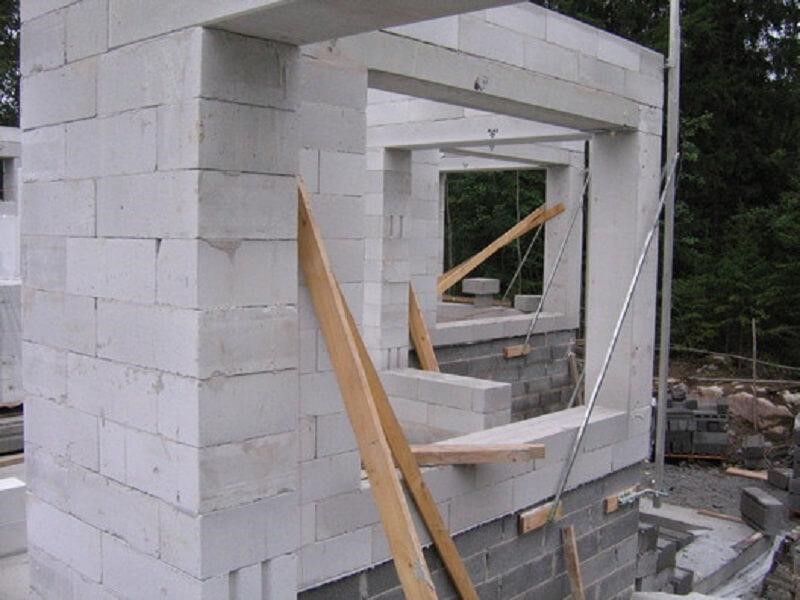
- The autoclaved cellular concrete block ensures lighter structures.
What are the Advantages and Disadvantages of Using Cellular Concrete Block?
The six main advantages of cellular concrete are:
- Lightness: the cellular concrete block can be up to 60% lighter than traditional concrete, presenting the same strength
- The economy in construction: as the construction becomes lighter, there is a reduction in costs with the foundation and execution time of the work since the light material results in greater agility and speed of work
- Reduction in the amount of concrete: as cellular concrete is a light material, it minimizes the consumption of concrete in work since the weight of the buildings will be less, and it does not need more robust and heavy structures
- Long service life and fire resistance: cellular concrete, in addition to being resistant to chemical agents, moisture, and fungi, is also fire resistant, not being flammable
- Great acoustic performance: the porosity of cellular concrete provides better acoustic performance for buildings
- Optimal thermal performance: the properties of cellular concrete provide excellent thermal performance; that is, the material is an excellent sealant for buildings
As for the disadvantages, we can highlight the loss of mechanical performance because as cellular concrete is porous (due to the use of foam in its mixture), its structure loses a little capacity for compressive strength.
The low or absence of the use of rigid aggregates causes the cellular concrete brick to have a lower elastic modulus than conventional concrete, which can result in greater deformation of the piece.
It is also worth mentioning that the production of cellular RCC by making use of the expansion agent or additives in its mixture ends up presenting a higher production cost than conventional concrete. In this way, the advantages and disadvantages of the cellular concrete block can be evaluated.

- Cellular concrete block has better thermal characteristics than conventional concrete.
Where to Use Cellular Concrete Block?
In construction, cellular concrete is an excellent choice of material to be used as a block, with the purpose of sealing gaps and filling ribbed slabs. When used in conjunction with steel, cellular concrete can be used as a wall and slab. In addition, cellular concrete can be used on floors, subfloors, stairs, and even as firewalls.
As for its manufacture, cellular concrete can be manufactured in loco, that is, at the construction site itself, or be prefabricated, as is the case with cellular concrete brick, cellular concrete block, or autoclaved cellular concrete block.
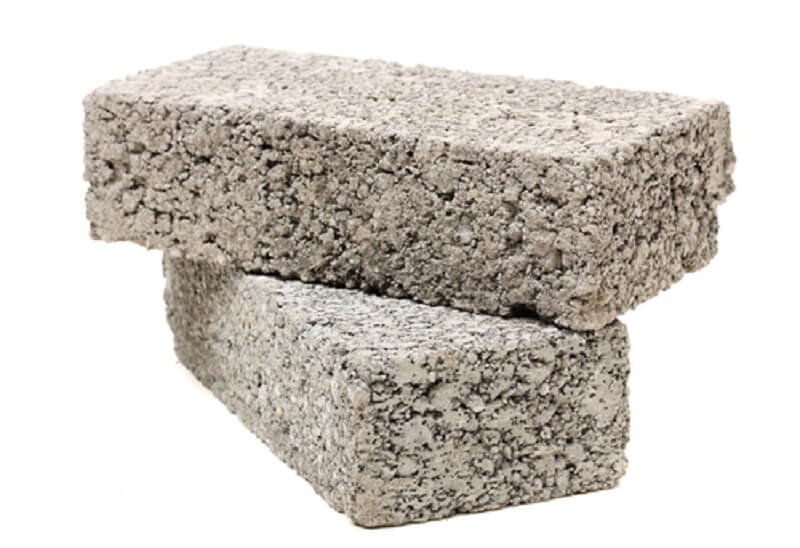
- Cellular concrete can be used to seal gaps and fill ribbed slabs.
Read Also: Kingdom Valley Islamabad (UPDATED) Payment Plan | Location | Map | Price Details
———————————————————————————————————————————————————————-
 |
 |
 |
 |
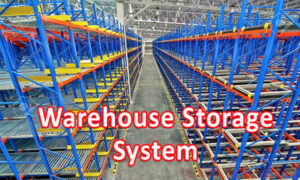 |
 |
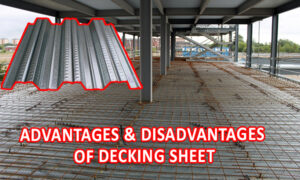 |
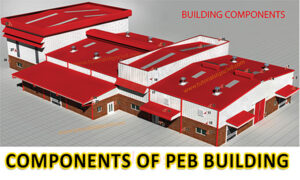 |
 |
 |
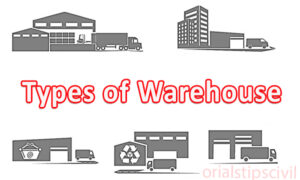 |
 |

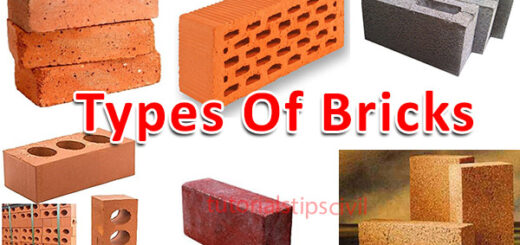
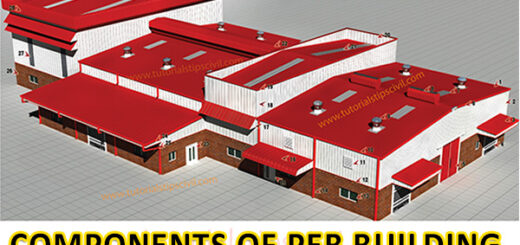

Amazing article ,well informed and precise article , thanks for sharing